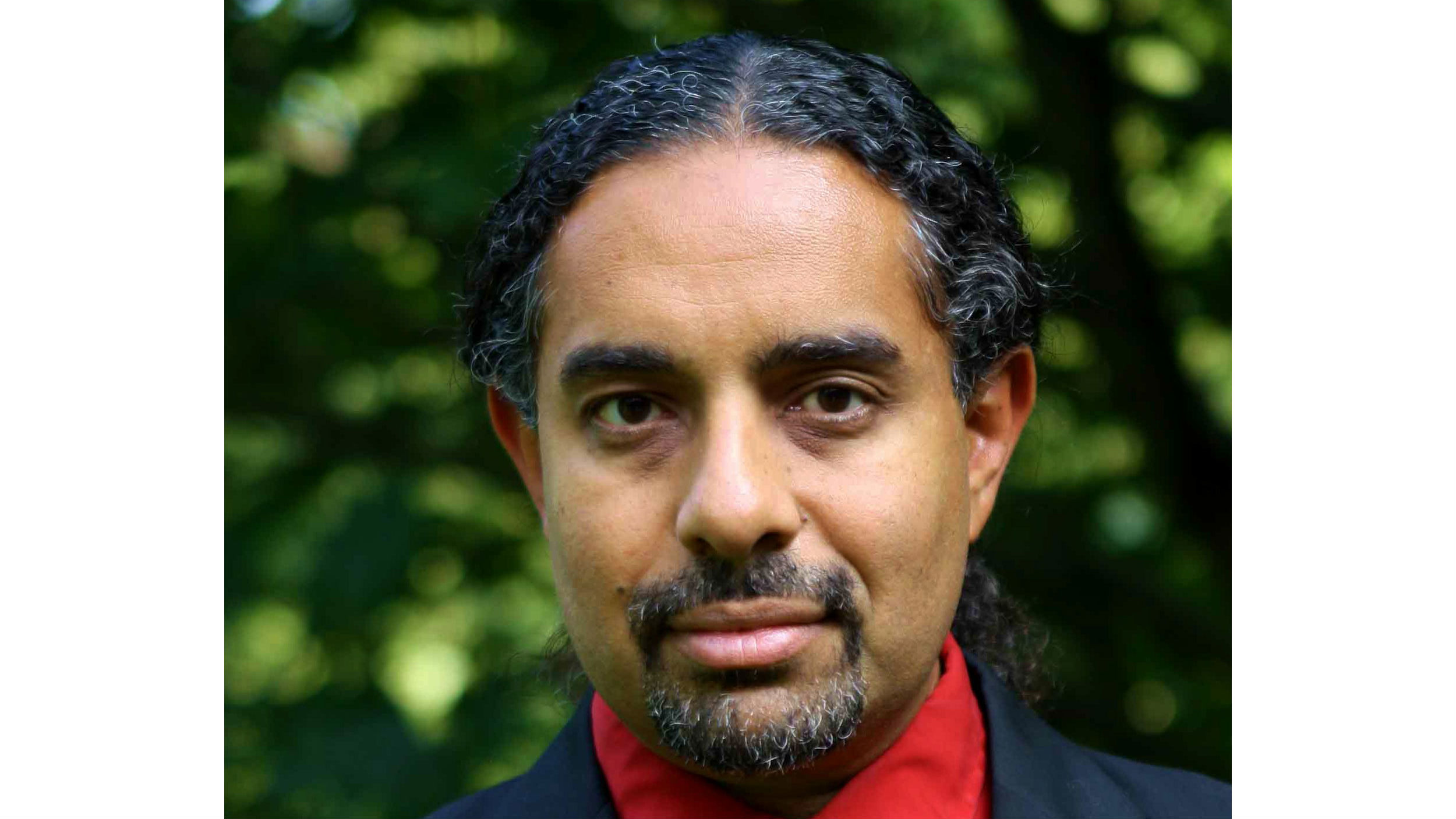Our Faith in Optimism Vastly Overestimates Its Power

When confronting a challenge, people with an optimistic outlook persist at trying to overcome that challenge about 20 percent longer than those with less optimism. Unfortunately, the extra time devoted to solving the problem — that exemplary work ethic and stick-to-itiveness — doesn’t really translate into a greater performance.
What’s more, the inability of an optimistic mindset to bend the physical world to our happy will contrasts with a belief that most of us seem to hold: that one’s attitude is a primary predictor of how well we’ll perform on a given task. These are the results of a clever scientific study run at the UC Berkeley’s Haas School of Business and recently published in the Journal of Personality and Social Psychology.
The experiment examined people’s expectations about the strength of a positive attitude and what such an attitude changed in the real world. In a Where’s Waldo? game, for example, people not searching for Waldo expected an optimistic outlook to result in a 33 percent bump in an ability to find him. And while optimistic people did spend 20 percent more time searching for Waldo, this extra effort only yielded a 5 percent improvement in success — a far cry from the 33 percent predicted.
Author Alex Fradera, who wrote about the study for the British Psychological Society, gives some sobering advice to all of us who are drunk on optimism:
If you do badly at a test, rather than fretting that the cause was your negative mental attitude, it might be better to simply focus on your knowledge and approach.
Still, a belief in magical thinking, i.e., that our thoughts change the physical reality around us by the mere act of having the thoughts, has proven to be a powerful evolutionary tool. As science journalist Matthew Hutson explained to Big Think, magical thinking may underlie the very notion of cause and effect, and it can help us set goals and overcome roadblocks, seeing them as merely bumps in our inevitable road to success.




